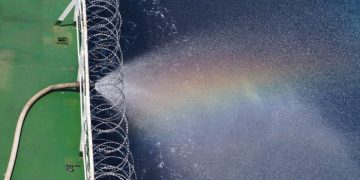Amendment of IMO's Guidelines for the development of the IHM
ClassNK has issued Technical Information to provide information about the amendment of IMO's guidelines for the development of the Inventory of Hazardous Materials regarding the Ship Recycling Convention which it was deliberated in MEPC 68 (May 2015) and it was adopted as the Resolution MEPC 269 (68) The outline of the amendment is shown in the appendix to this technical information. The main contents are changes or clarifications on the threshold value of the hazardous materials to be indicated on the Material Declaration (MD) and on how to describe the inventory for the purpose of easier development of the inventory for new ship. Inventories which will be undertaken to develop after 15 May 2015(Note 1) are required to develop in compliance with the RESOLUTION MEPC.269 (68)ClassNK has reviewed its "Guidelines for the Inventory of Hazardous Materials" in order to implement the RESOLUTION MEPC.269 (68). The revised ClassNK "Guidelines for the Inventory of Hazardous Materials" can be downloaded from the ClassNK website. While, necessary improvements are being carried out on the system "PrimeShip-GREEN/SRM" and it will be available by 1 November 2015.ClassNK will treat the inventories for which the applications are made on or after 1 November 2015 as ones which are ...
Read more


















































